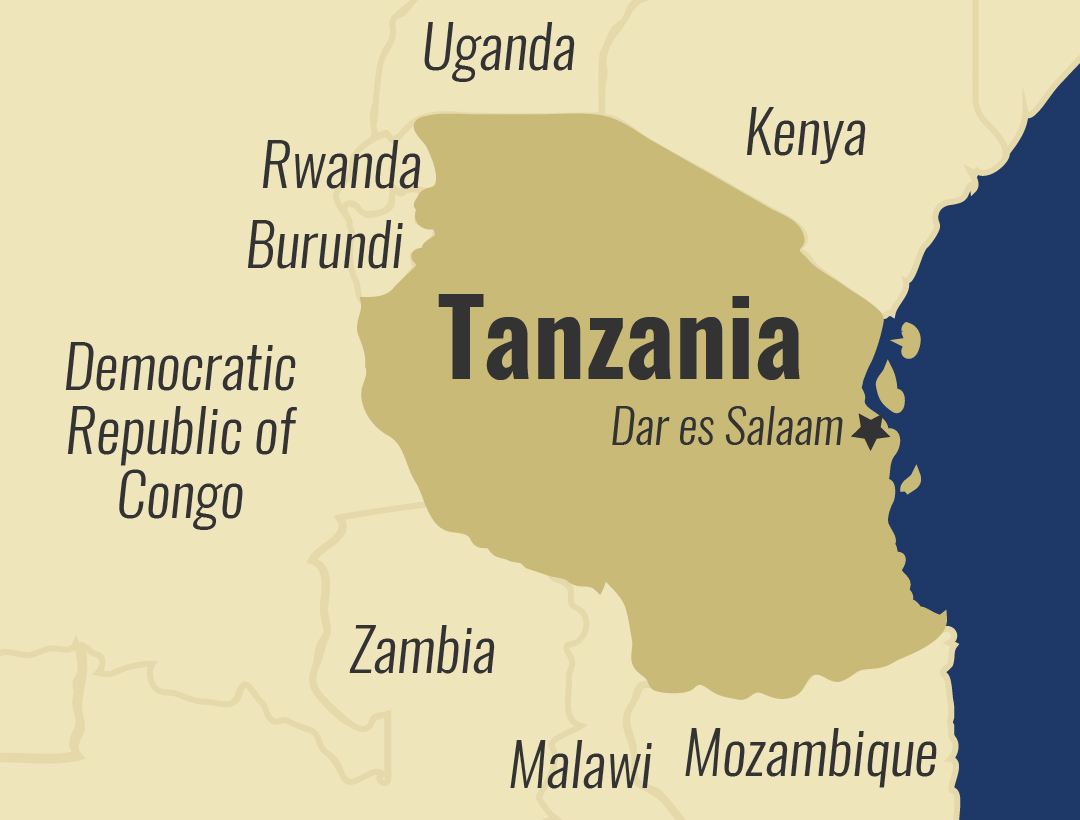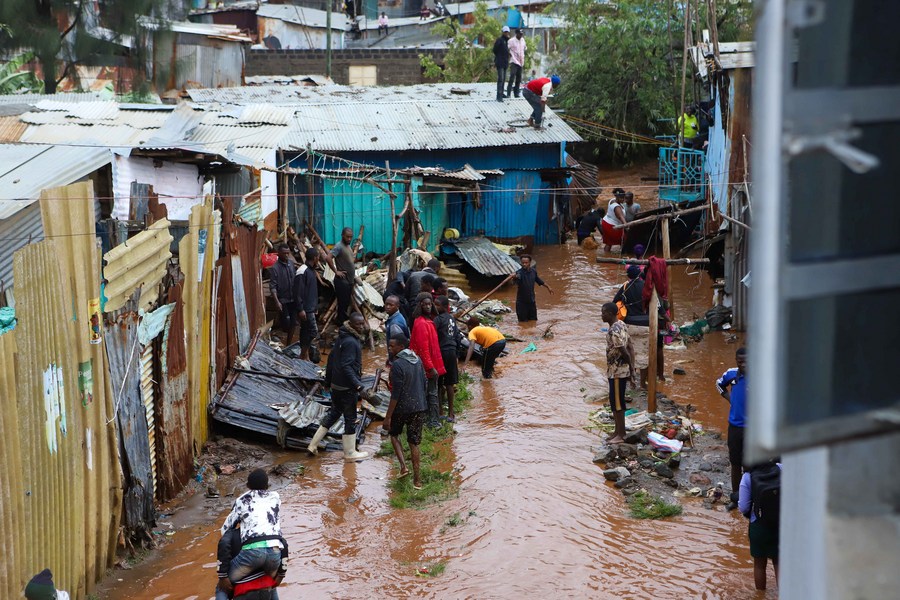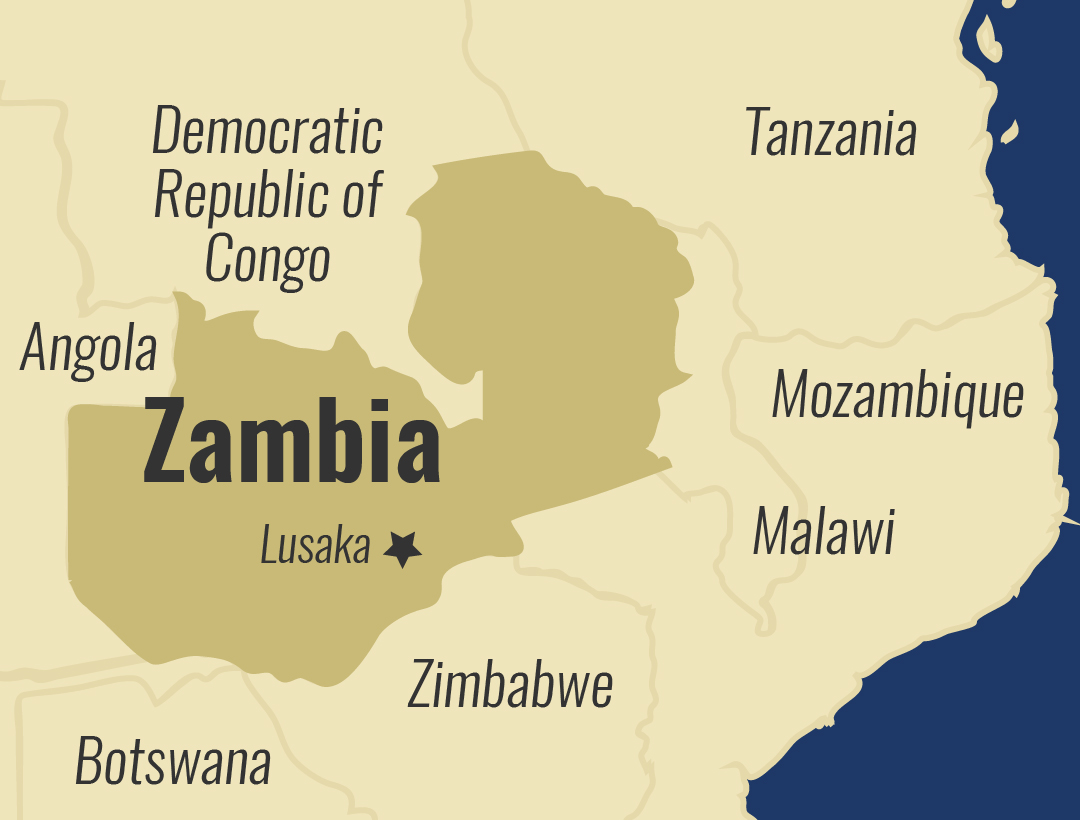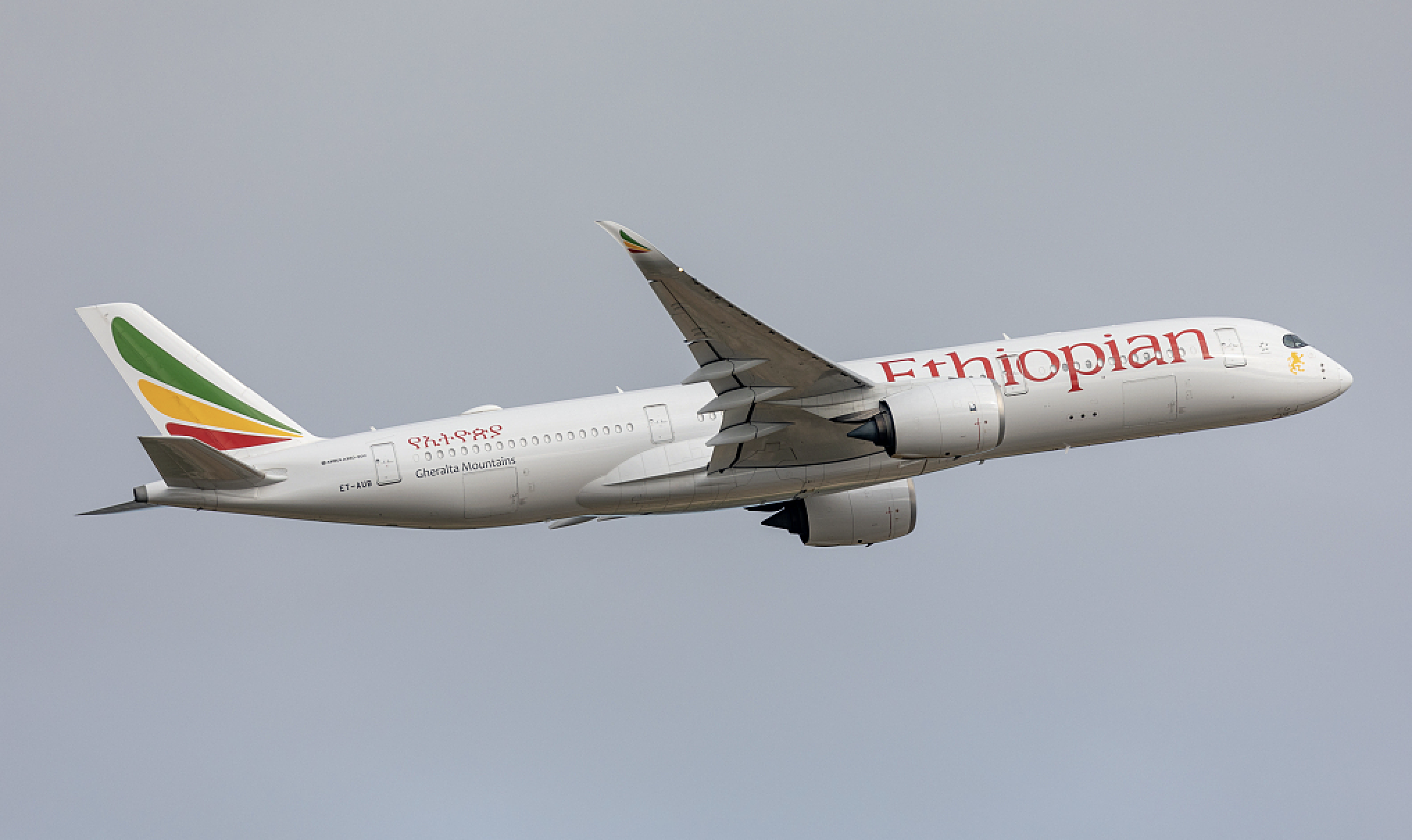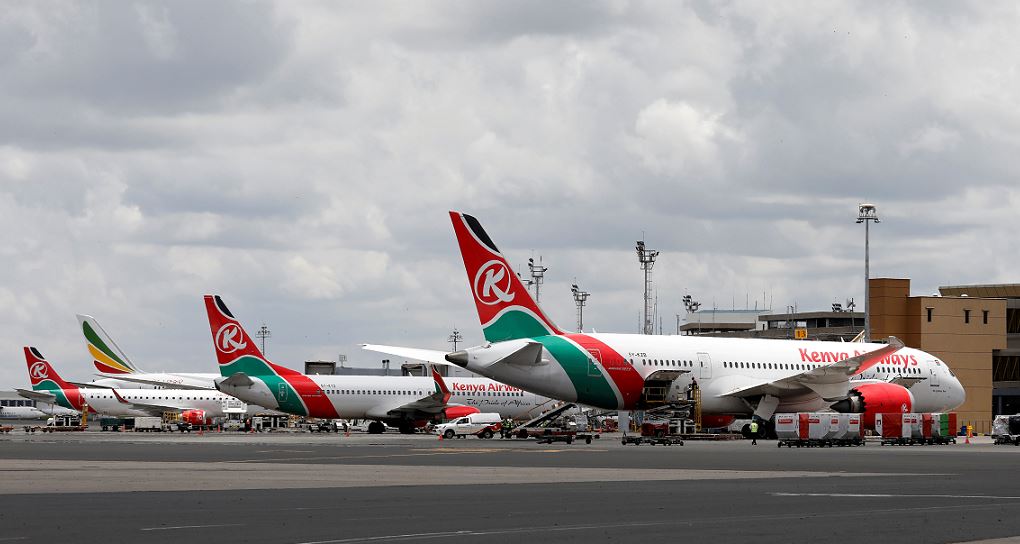
Aviation body urges alternatives to quarantine for travelers to allow economies reopen

The International Air Transport Association (IATA) has urged African governments to reconsider mandatory quarantine requirements for travelers arriving in the continent in order to allow economies to restart.
The body called on the African governments to seek alternative ways of avoiding the importation of new infections without asking travelers to isolate upon arrival.
IATA noted that over 80% of travelers are unwilling to travel when quarantine is required, adding that the impact of these measures means countries remain in lockdown even if their borders are open.
“It is critical that AME (Africa and Middle East) governments implement alternatives to quarantine measures. AME has the highest number of countries in the world with government-imposed quarantine measures on arriving passengers. The region is effectively in complete lockdown with the travel and tourism sector shuttered. This is detrimental in a region where 8.6 million people depend on aviation for their livelihoods,” said Muhammad Albakri, IATA’s Regional Vice President for Africa and the Middle East.
The aviation sector is one of the hardest hit by the global pandemic, as lockdown measures meant airlines could not operate normally.
Many carriers around the world were forced to ground their planes in response, with only cargo flights operating amid the pandemic.
According to ITA, more than 8.6 million jobs in the AME airline industry and businesses supported by aviation are at risk due to the lockdowns in place.
Thousands of jobs have already been lost due to the shutdown of air traffic.
The call by IATA comes as the number of COVID-19 infections globally near 11 million, and the number of deaths surpass 521,000.
Various countries have already rolled out gradual reopening measures, as the World Health Organization warns against laxity in the fight against the pandemic.



